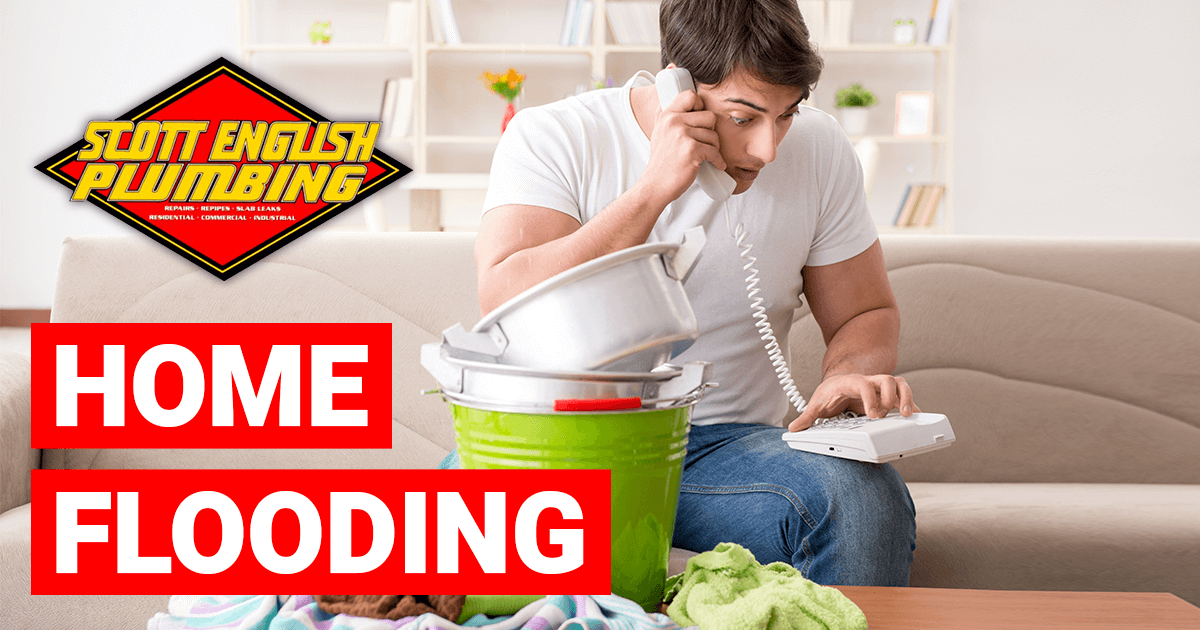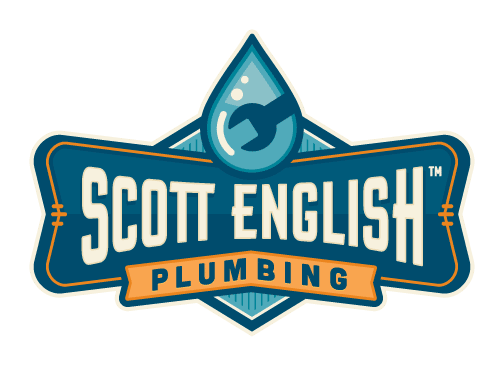Home Flooding – Common Causes and Solutions

Home flooding is not a phenomenon reserved for those living below sea level or near large bodies of water. It can happen to anyone, at any time, for a large variety of reasons. However, don’t let that fact get you down. There are several things that you can do to help nip your home flooding problem in the bud.
However, the type of precautions you take will depend on the cause of your home flooding risk. So, before we talk about preventing a flood, we will first need to discuss the sources of flooding. So, without further ado, let’s get started!
Broken Pipes – A Common and Dastardly Cause of Home Flooding Problems
A broken pipe can happen at any time, anywhere, and for a variety of reasons. They are one of the most dastardly (and most common) sources of home flooding around. A broken pipe can flood an entire property in a matter of seconds. Floods caused by broken pipes cause countless amounts of property and home damage.
Fortunately, preventing a broken pipe is much easier than cleaning up after a flood caused by one. To help mitigate your broken pipe risks, you can take the following precautions:
- Keep Your Pipes from Freezing: From insulation to pipe heaters and everything in between, there is no one-size-fits-all solution to frozen pipes. To help prevent frozen pipes, it is usually best to take a multi-pronged approach. You should keep a trickle running on each tap in your home, keep a heat source near external pipes, and place insulated freeze caps on your outside spigots and faucets. If you experience a broken pipe due to freezing, then turn off the water to your building and contact our team of plumbers right away.
- Watch Out for Pipes When Performing Home Improvements and Maintenance: Another common source of broken pipes is home maintenance and improvement error. Sometimes, even something as seemingly simple as mounting your TV to the wall can turn disastrous if you accidentally hit a water line with your drill. To prevent home maintenance-related to broken pipes, make sure to check whatever surface or area you’re working is free of plumbing pipes and appliances. Also, make sure to shut the water off to the locality where you’re performing your work. That way, if you do accidentally drill through a water line, you won’t flood your whole house in the process.
- Check Your Pipes for Signs of Wear and Tear: Inspecting your pipes regularly for signs of damage can go a long ways towards preventing home flooding. Check your pipes for visible cracks or leaks, and look out for signs of rust and corrosion. If you do notice any potential problem areas, then contact our plumbers for fast assistance right away.
Plumbing Appliance-Related Home Flooding Causes and Prevention
Plumbing appliances often have quite an ample water supply. Things like your dishwasher, water heater, and washing machine all use gallons upon gallons of water in their day-to-day operations. Since they use gallons upon gallons of water, they can be massive sources of flooding problems in homes and businesses. To prevent flooding due to a broken or faulty plumbing appliance, you can take the following precautions:
- Try FloodStop Systems: FloodStop systems detect issues with plumbing appliances and then shut off your water supply in the event of an emergency. These electronic systems are relatively inexpensive to install and can save you a lot of money in repairs by preventing floods. If you’re interested in a FloodStop system, then contact us here at Scott English Plumbing, Inc. for more information.
- Keep a Watchful Eye: Besides secure solutions like electronic flood detection systems, the only other way to prevent flooding due to faulty appliances is to keep a watchful eye over their operation regularly. Make sure your dishwasher drains, water heater, and that your washing machine lines are periodically maintained and looked after.
How to Prevent Home Flooding Due to Tree Roots and Drain Clogs
Tree roots can invade sewer lines, causing them to burst or break, and then, naturally, you wind up with a massively flooded yard. In a similar vein, drain clogs can cause such severe backups that pipes break or become dislodged from each other at joints, causing a flood as well. You can prevent both types of floods with proper vigilance and homeowner maintenance. To avoid flooding due to tree root intrusions or severe drain line clogs, take the following precautions:
- Remove Trees Near Sewer Lines: Have any trees that are growing near main sewer lines professionally removed down to the roots. Tree roots actively seek out water sources in the ground and then grow towards the said water source. Guess which part of your home has a ready source of decently available water? That’s right, your main sewer line.
- Keep Your Drains Clean: Another precaution you can take is to have your drains regularly cleaned and inspected by professionals. Clean drains are happy drains, and, therefore, are much less likely to succumb to clog-based flooding.
- Don’t Use Chemical Drain Cleaners: Chemical drain cleaners can severely damage your pipes and plumbing. While yes, they do provide temporary relief from slow-moving and clogged drains, they, ultimately, cause more harm than good. So, to prevent floods, avoid using chemical drain cleaners. Instead, you can use a drain snake or contact our plumbing professionals to keep your drains free and clear of obstructions.
Conclusions
There are several different sources of home flooding problems. Fortunately, there are also several preventative maintenance steps you can take to help prevent those floods from occurring in the first place. However, if you do have a flooding issue, then you’ve come to the right place. If even after taking all the previously mentioned precautions you still wind up with a flooded home or business, then please don’t hesitate to give us here at Scott English Plumbing, Inc. a call. We’re always standing by to help with your home flooding prevention and repair needs!
